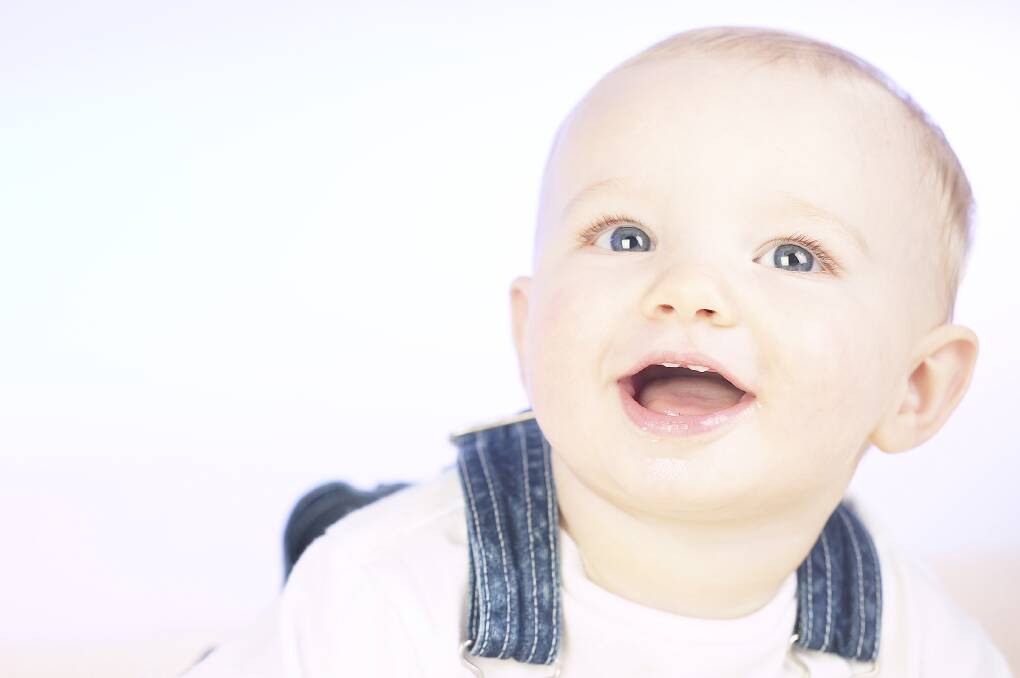It's the most important decision a new parent can make and changing trends suggest unusual names are growing in popularity for newborn babies.
Parenting website Nameberry has released its predictions for the most popular baby names of 2023.
The most popular baby names are likely to be influenced by music stars and royal celebrities.
Billie, Halston, Jolene, Cosmo, Elio, Alden, Marigold and Archie top the list.
Archie is the name of Prince Harry and Meghan Markle's son and is predicted to increase in popularity as royal enthusiasm continues to dominate the naming game.

Baby name trends take about 100 years to circle back around, according to a hypothesis by Australian parenting site Kid Spot. That would explain the inclusion of Billie, which was was one of the most popular names for girls from 1928 to 1934.
Some of the more unusual names on Nameberry's 2023 list of predictions include Wilde, Tru, Sunday and Luxury.
Babies born today belong to Generation Alpha. They are the children of the Millennials, often the younger siblings of Generation Z.
Research firm McCrindle's 2022 Australian Baby Names report has shown parents are abandoning the names Lara, Summer and Emma for girls while its Luke, Nicholas and Matthew that have fallen out of favour for boys.
The research also found that Isla has overtaken Charlotte as the top Australian girls name for the first time in seven years.
The report also found that boys' names like Arthur, Ari, Ezra, River, Theo, Billy, and Luka have been steadily growing in popularity and are names to watch in the coming years.
Baby naming discussions have become a social media trend in previous years, with professional baby name experts providing bespoke name lists and consultations with expecting parents for a fee.
Baby name books exploded in the 1980s and catalysed a shift away from family and religious naming practices.
IN OTHER NEWS:
Australian researchers have suggested naming practices in Australia are closely linked to education, gender and parental aspirations and fears.
Melbourne based sociologists Jo Lindsay and Deborah Dempsey conducted a study with 41 parents in 2015 to understand the way names provide a 'personal brand' for a person in our individualised society.
Naming a child was considered to be an important responsibility and names were viewed as central to identity and social classification. The researchers found that Australian boys are more likely than girls to be given 'traditional' names. Four of the top 10 boys' names in 2015 were biblical in origin whereas none of the top 10 girls' names had those links.
Boys are also more likely to be given a name shared by members of the British royal family, though these are popular for girls as well.
Names were perceived by parents in the study to map out future life trajectories through their symbolic association with particular professions or, conversely, with low-grade occupations.


